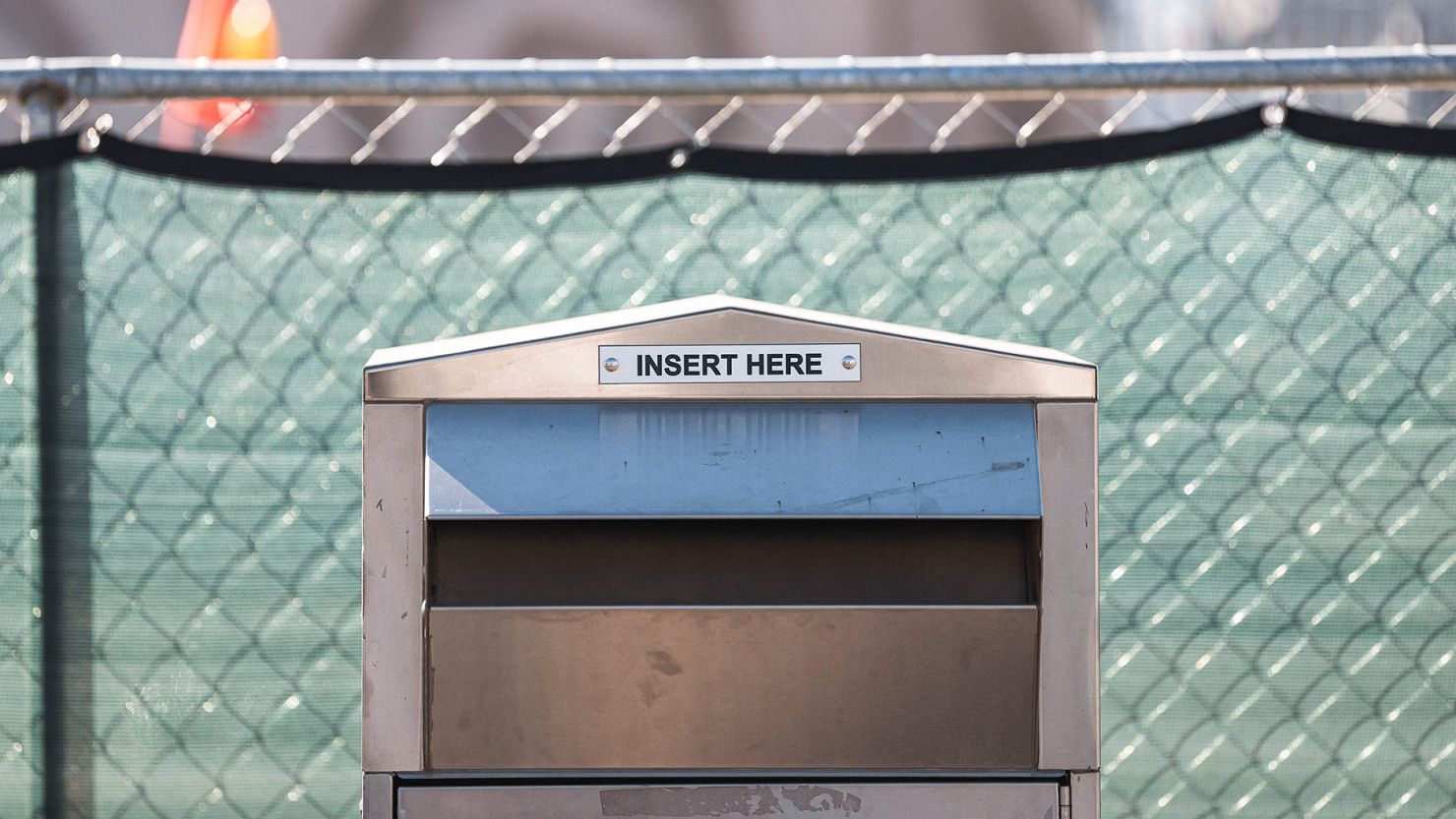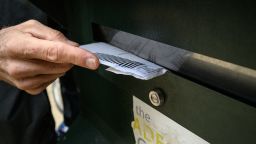A federal judge in Arizona imposed new restrictions against a right-wing group after voters complained about aggressive patrols of ballot drop boxes in the state.
The judge blocked members of the group, Clean Elections USA, from openly carrying guns or wearing body armor within 250 feet of drop boxes. The judge also banned members from speaking to or yelling at voters who are dropping off their ballots. The group is additionally banned under the order from photographing or filming any voters at the drop boxes or from posting similar images online – which they’ve done in recent weeks.
More on voting rights
The ruling is a partial win for the civic organizations and liberal groups that sued Clean Elections USA, which has falsely asserted that the 2020 election was rigged and claims its drop box stakeouts are needed to prevent massive voter fraud in the 2022 midterms.
The ruling comes at a moment of rising concerns about violence at the polls.
Federal Judge Michael Liburdi, a Trump appointee, convened a lengthy hearing on Tuesday, which featured testimony from at least one voter who described the harassment he and his wife faced while casting their ballots at a drop box in Mesa.
The parties in the lawsuit agreed to some of the terms that ended up in Liburdi’s order. But for some key provisions, specifically about filming and doxing voters, Liburdi imposed limits against Clean Elections USA that its lawyers argued were unnecessary.
The right-wing activists claim their only goal is to lawfully prevent fraudulent voting.
The judge handed down his decision just four days after he ruled the other way in a related case, declining on Friday to issue an order restricting the drop box stakeouts. At the time, Liburdi said there wasn’t enough evidence to curtail the group’s First Amendment right to free assembly.
Between the two rulings, the Justice Department weighed in on the case. In a legal brief filed Monday, federal prosecutors said the right-wing group’s “vigilante ballot security efforts” were likely illegal and that they “raise serious concerns of voter intimidation.” The Justice Department didn’t formally take a side, but its filing endorsed some of the legal theories put forward by the group that filed the lawsuit, the League of Women Voters.
Liburdi said his ruling – a temporary restraining order – will expire in two weeks, which means it covers the remainder of the election season. Election Day is November 8.
Voter describes ‘terrifying’ encounter with drop box ‘bullies’
An Arizona voter testified at Tuesday’s five-hour hearing about his encounter with right-wing “bullies” at a ballot drop box, describing how they “terrified” his wife by filming them and falsely accusing them of voter fraud.
The 51-year-old voter testified about his voting experience on the evening of October 17. To protect his safety, his identity was not made public. But the voter said he and his wife went to a drop box in Mesa and were immediately harassed by a group of people with cameras, who accused them of being “mules.” That phrase is popular in right-wing circles to describe people who illegally cast mail ballots.
Latest election news
The voter said his wife wanted to leave without casting their ballots because she was in “complete shock,” was “terrified” and was “convinced the people photographing us were there for ill will.”
He decided that he would cast the votes while his wife stayed in the car. Almost immediately after he stepped out, members of the group “asked if I was a mule,” he said. The voter said he responded by saying he wasn’t a “mule,” and then making a “crude gesture” toward them
The voter testified that the situation made him feel harassed and bullied, because “there were more of them than me” and there was an “implied threat.” He also said he was “worried” about getting doxed.
The voter described how the leader of Clean Elections USA, Melody Jennings, posted on social media a series of photos of him and his car while he was voting, and falsely accused him of being a “mule.”
“If I had this to do over again, and I knew people were down there with an intent to influence me in any way, no, I would not do that again,” the man testified, referring to using the drop box to cast his ballot.





